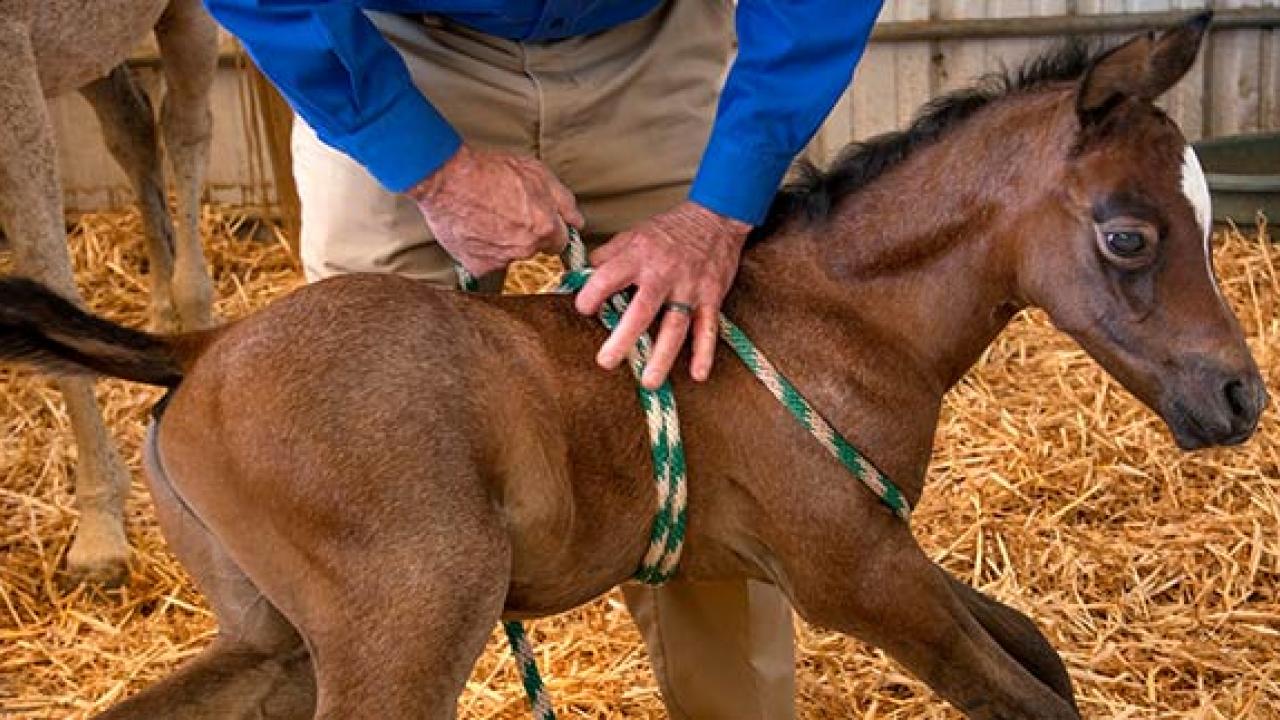What do foals, drought, hummingbirds and plastic all have in common? All are subjects of UC Davis’ top stories from 2015. Our staff looked at clicks and shares and had some lively debates to bring you a collection of the stories that had the biggest impact on campus and across the world throughout the year.
10. In memoriam: Larry N. Vanderhoef
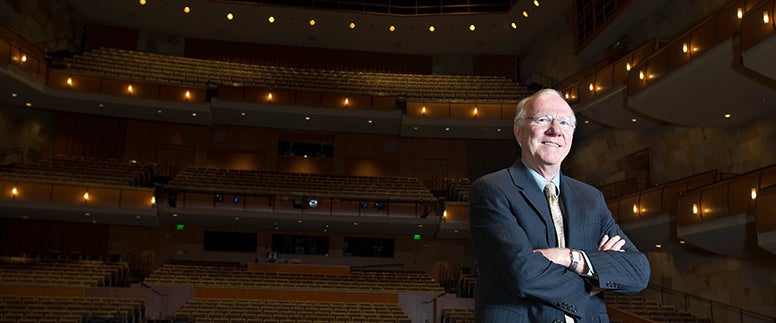
In photos and video, Chancellor Emeritus Larry N. Vanderhoef beamed once again at the Mondavi Center for the Performing Arts — a building that stands as one of his great legacies from 25 years of campus leadership. Read more about Vanderhoef's achievements.
9. Nine coming attractions at UC Davis
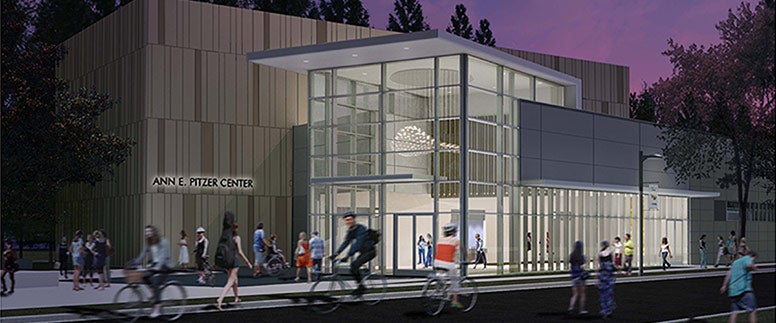
Well before members of the Class of 2019 graduate, they — and other students — will enjoy major new facilities on campus. Read more about the planned buildings.
8. Molly the Cow rescued from mine shaft by UC Davis
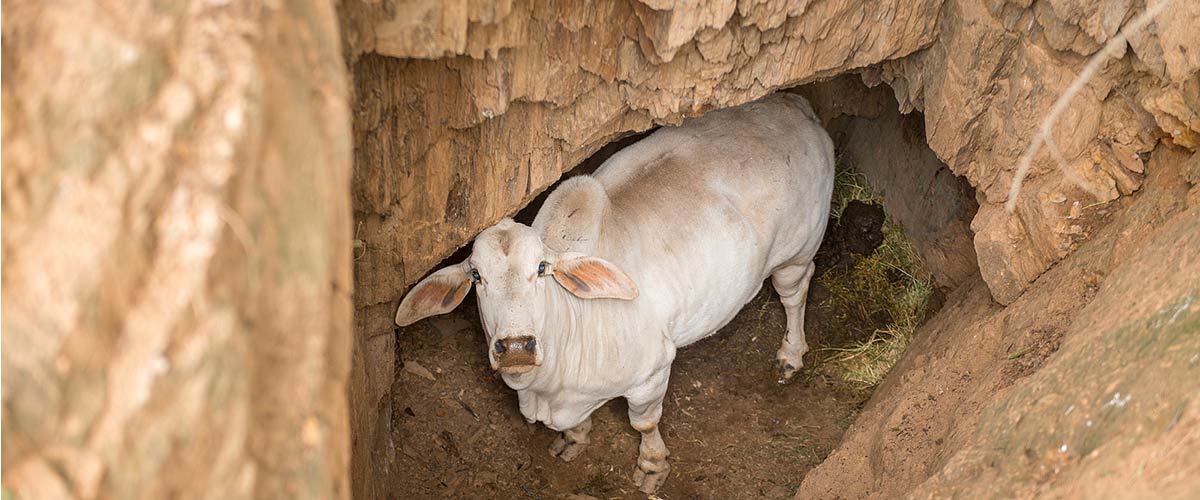
UC Davis veterinarians rescued a 9-year-old cow from a 30-foot mine shaft. Using a specially designed lift, UC Davis professor and researcher John Madigan was able to coordinate the rescue of Molly, who had tumbled into the shaft a few days prior. Watch a video about the rescue.
7. Wildlife experience high price of oil

Members of the UC Davis Oiled Wildlife Care Network were in Alaska, attending a conference about the effects of oil on wildlife, when the real thing came pouring out of a ruptured pipeline in Santa Barbara County on May 19. Read more about the oiled wildlife rescue.
6. Hummingbird health: Appreciating the little things
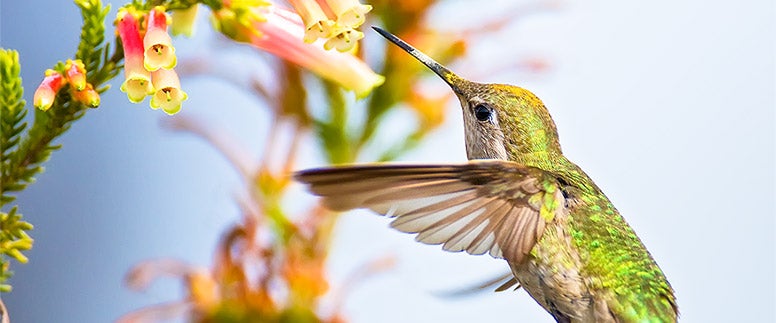
For the past six years, Manfred Kusch, a UC Davis senior lecturer emeritus of French and comparative literature, has been opening his garden to the UC Davis Hummingbird Health and Conservation Program. The group, including the University of Wyoming, is the only collaborative program in the nation focused on hummingbird health and genetics. Read more about our hummingbird research.
5. Plastic for dinner: A quarter of fish sold at markets contain human-made debris
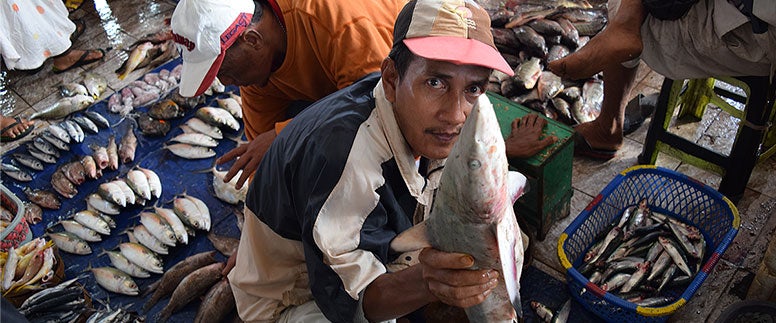
Roughly a quarter of the fish sampled from fish markets in California and Indonesia contained human-made debris — plastic or fibrous material — in their guts, according to a study from UC Davis and Hasanuddin University in Indonesia. The study, published in the journal Scientific Reports, is one of the first to directly link plastic and human-made debris to the fish on consumers’ dinner plates. Read more about fish and plastic.
4. Rat poison at marijuana farms is killing increased numbers of rare forest mammals
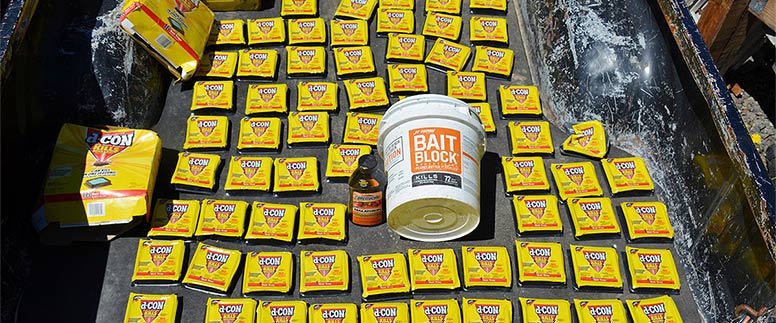
The situation is growing worse for fishers being poisoned by rodenticides on illegal marijuana grow sites in California, according to a study by a team of researchers led by UC Davis and the Integral Ecology Research Center, based in Blue Lake. Fishers are midsized weasels. Read more about the wildlife poisoning.
3. Lyme disease subverts immune system, prevents future protection
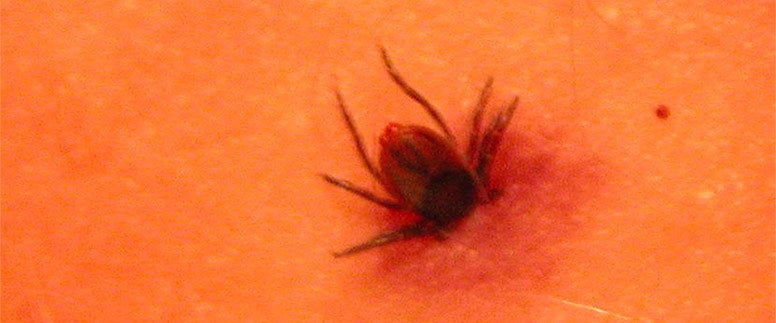
The bacteria that cause Lyme disease are able to trick an animal’s immune system into not launching a full-blown immune response or developing lasting immunity to the disease, report researchers at UC Davis. The discovery may explain why some human patients remain vulnerable to repeat infections by the same strain of bacteria, especially in regions where Lyme disease is prevalent. Read more about Lyme disease.
2. Drought costs California ag $1.84B and 10,100 jobs
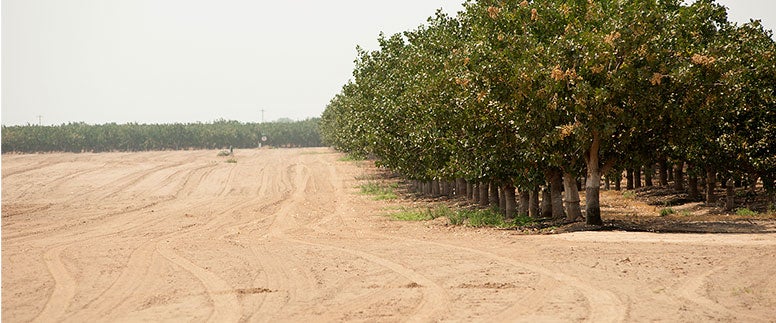
The drought is tightening its grip on California agriculture, squeezing about 30 percent more workers and cropland out of production than in 2014, according to the latest drought impact report by the UC Davis Center for Watershed Sciences. In 2015, the state’s agricultural economy will lose about $1.84 billion and 10,100 seasonal jobs. Read more about the California drought and agriculture.
1. Newborn foals may offer clues to autism
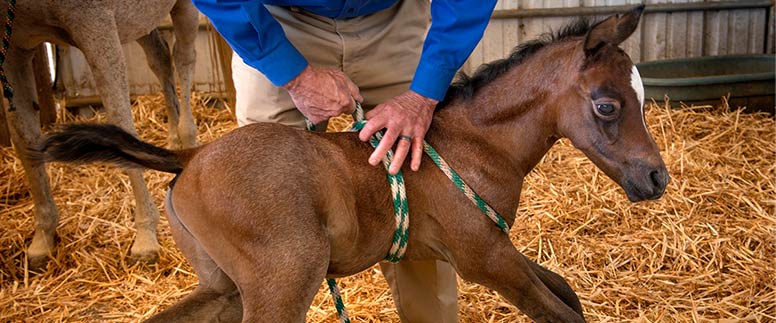
Veterinary researchers at UC Davis are teaming up with their colleagues in human medicine to investigate a troubling disorder in newborn horses and are exploring possible connections to childhood autism. The common link, the researchers suggest, may be abnormal levels of naturally occurring neurosteroids. The horse disorder, known as neonatal maladjustment syndrome, has puzzled horse owners. Read more about the connection between horse and human health.
